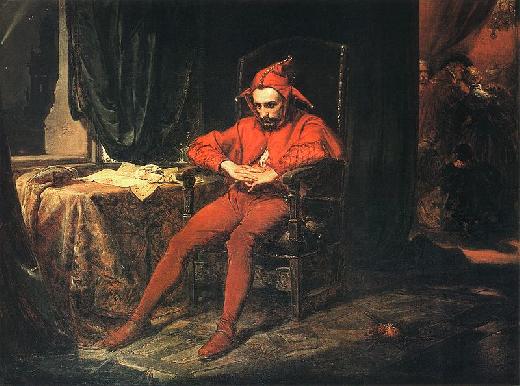 Stanczyk has been looking at house numbers like he is a postal worker delivering mail. These numbers have led my rather numerate mind to a new musing …
Stanczyk has been looking at house numbers like he is a postal worker delivering mail. These numbers have led my rather numerate mind to a new musing …
I have noticed that the Catholic Church (let me be precise/narrow, but perhaps it has wider usage) in the Russian-Poland areas, during the years 1797-1825 recorded house numbers (aka Numerus Domus -or- Domu iego pod numerem) in their records. So I am trying to tease some further knowledge from my data by analyzing these house numbers, but I have questions that need research. So here is my laundry list of questions that I will investigate and perhaps by crowd-sourcing / internet collaborating I hope that I can also receive some answers via comments or emails.
Research Questions
- Was the column labeled ‘Numerus Domus‘ in the Latin Box format of church records required by the Codex Napoleon?
- When did house numbers get assigned?
- How were numbers assigned? Did they number starting from the church (I have had that said to me.)? Did they give the lowest numbers to the “most important” members of the parish? Were houses assigned numbers in the order they were built without regard to their sequential location to another house or did they start at 1 and proceed down the street numbering each house, such that consecutive house numbers are next door neighbors?
- Were house numbers unique to a single village or to the parish they all belonged?
- Why did they stop collecting house numbers in the church records?
- Did house numbers get renumbered (if so then when)? I am thinking like, in Detroit around 1920 when many/most homes were renumbered.
- If the houses were not renumbered, then is it possible to visit the same house (assuming it still stands) and know it was that house where so-and-so lived?
Folklore About Houses or their Doors
There was a tradition in Southern Poland whereby at Christmas time, the people would inscribe the lintel above the door, with the names or initials of the three wise men from the Bible:
Gaspar(Kasper), Melchior, and Balthazar (were the wise men’s names by tradition — their names do not appear in the Bible).
Does anyone know this Christmas tradition or why Poles did such a thing ?
Does anyone know any other door or address traditions from Poland ?
— Stanczyk



